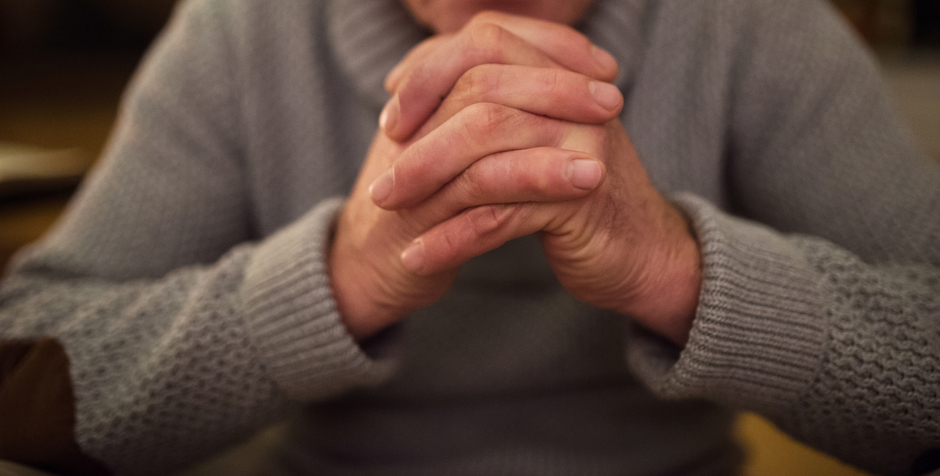Another Brick in the Wall? ACLJ Defends School Board Opening in Prayer
Can a public school board offer a prayer or invocation prior to a meeting of the board?
As we argue in a brief filed with the Ninth Circuit today, the answer to that question is yes.
In 2014, the Chino Valley Unified School District Board of Education adopted a resolution permitting local religious leaders, on a rotating basis, to say a prayer before the beginning of a school board meeting. The purpose of the invocation is to “solemnize proceedings . . . for the benefit of the Board of Education and the community.”
According to the policy, invocational speakers are “free to offer the invocation according to the dictates of their own conscience,” and the school board plays no role in crafting or approving any prayer. The resolution only requests that “the prayer opportunity not be exploited as an effort to convert others to the particular faith of the invocational speaker, nor to disparage any faith or belief different from that of the invocational speaker.”
In its never-ending quest to vanquish religion from the public sphere, the Freedom from Religion Foundation (FFRF) brought suit. FFRF alleges that the Chino Valley school board’s invocation policy is unconstitutional because the invocations amount to an improper governmental endorsement of religion.
FFRF’s argument in this case fails from the get-go.
In a 1983 case, Marsh v. Chambers, the Supreme Court held that the Nebraska state legislature may open with an invocation. The Court recognized that “the opening of sessions of legislative and other deliberative public bodies with prayer is deeply embedded in the history and tradition of this country.”
And in a 2014 case, Town of Greece v. Galloway, the Supreme Court went even further: it ruled that a deliberative public body may open with a sectarian prayer, so long as there is not an ongoing practice of “invocations [that] denigrate nonbelievers or religious minorities, threaten damnation, or preach conversion.” Relying on a clear historical record, the Court held that “an insistence on nonsectarian or ecumenical prayer as a single, fixed standard is not consistent with the tradition of legislative prayer.”
As the Supreme Court acknowledged in these two cases, legislative prayer is a praiseworthy tradition that reaches back even before the founding of the nation. “From colonial times through the founding of the Republic and ever since, the practice of legislative prayer has coexisted with the principles of disestablishment and religious freedom.” It is a practice that “lends gravity to public business, reminds lawmakers to transcend petty differences in pursuit of a higher purpose, and expresses a common aspiration to a just and peaceful society.”
Notwithstanding the longstanding tradition and laudatory purpose behind legislative prayer, FFRF argues that because school board meetings take place on school grounds, and because children are often present at such meetings, Supreme Court cases upholding legislative prayer should not apply. What should apply instead, FFRF argues, are Supreme Court cases such as those striking down teacher-led prayers within public school classrooms, forbidding a school-sponsored reading of the Bible to begin the school day, and disallowing invocations at graduation exercises.
That argument mixes the proverbial apples and oranges.
As we argue in our amicus brief:
A school board is not like a principal, teacher, or any other school employee hired by a school district to undertake the education of children. Like the education committee of a state legislature, a school board is a deliberative, elected public body that sets school policies and makes administrative decisions. A school board meeting, moreover, does not entail student-centered, school-sponsored activities like classroom instruction, high school graduations, and student athletic events. Like a session of a state legislature or town council, a school board meeting sets an agenda and conducts public business pursuant to that agenda, discussing, deliberating, and deciding matters related to the needs and future of the public schools within its authority. “In no respect,” therefore, is a school board “less a deliberative legislative body than was the town board in Galloway.”
Indeed, as one scholar succinctly put it: A “school board meeting is not a school-sponsored function. Rather, it is sponsored by an elected body that oversees the schools.”
The Chino Valley school board is as much entitled to participate in the same longstanding tradition of legislative prayer as the Nebraska legislature in Marsh and the Town of Greece in Galloway. To forbid the school board from doing so, out of a false fear of religion, would wrongly place another brick in the (so-called) wall of separation between church and state. That “wall,” however, as one federal court of appeals has said, is an “extra-constitutional construct [that] has grown tiresome. The First Amendment does not demand a wall of separation between church and state.”
We will keep you posted as this case is argued and decided by the federal court of appeals.
